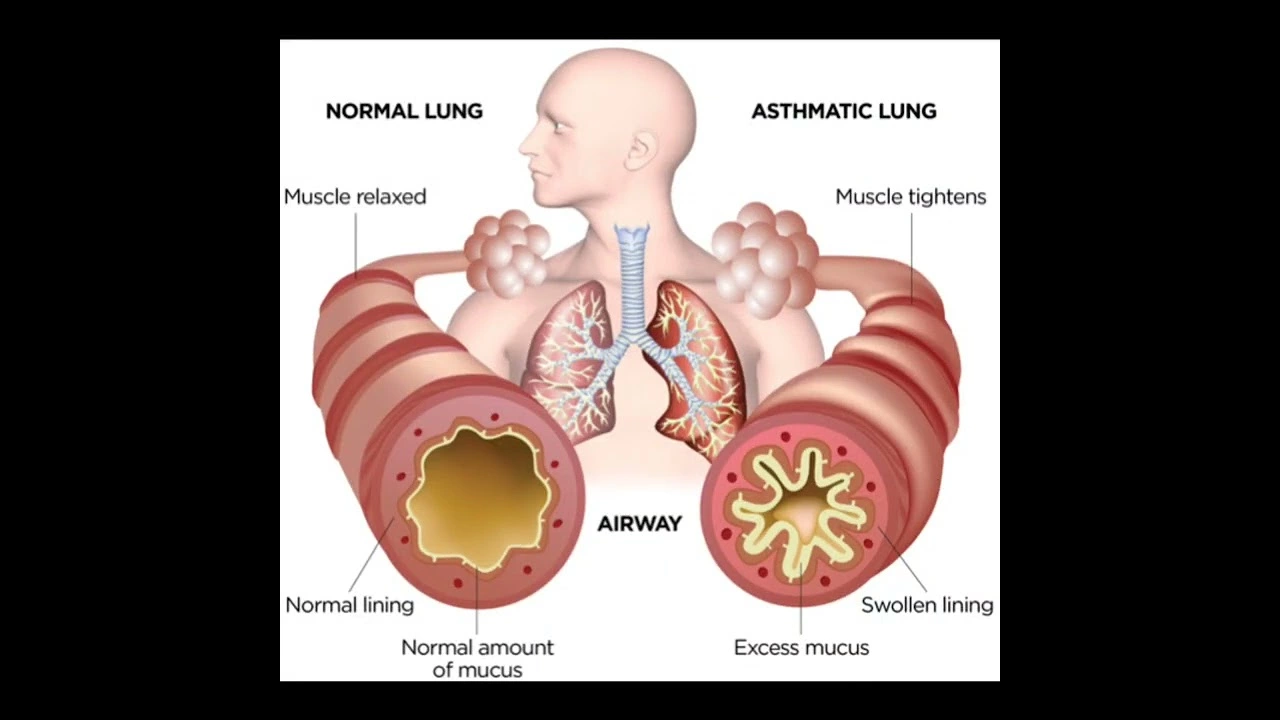Chronic Sinusitis: What It Feels Like and How to Treat It
Chronic sinusitis (also called chronic rhinosinusitis) sticks around for 12 weeks or more. Instead of a quick cold, you get lasting stuffy nose, facial pressure, thick discharge, and less sense of smell. It drains energy and makes sleep worse. If that sounds familiar, this page pulls together clear, useful steps you can try or discuss with your doctor.
What usually causes it?
Several things can keep sinuses angry. Long-term inflammation from allergies, repeated infections, nasal polyps, or structural issues in the nose can all play a role. Sometimes the cause is a mix: mild allergy plus a past infection and narrow sinus openings. Smoking, poor air quality, and uncontrolled acid reflux can make symptoms worse. Knowing the drivers helps pick the right treatment.
Common Treatments
Doctors often start with simpler options that reduce inflammation and clear mucus. Nasal steroid sprays are a first-line treatment because they lower swelling. Saline irrigation (a neti pot or squeeze bottle) helps flush mucus and allergens. For bacterial flare-ups, a short course of antibiotics may be needed, but they don’t help if inflammation is the main problem.
If allergies trigger symptoms, antihistamines or allergy shots can cut flare-ups. When nasal polyps are present or medicines don’t help, an ENT (ear-nose-throat) specialist might suggest short steroid courses or surgery to open blocked sinuses. Surgery isn’t a cure-all, but it can improve drainage and help meds reach the inflamed areas.
Daily Tips to Feel Better
Small changes can lower symptom intensity. Use a humidifier in dry months to keep mucus thin. Avoid smoke and strong irritants. Rinse your nose daily with saline—many people get clear relief after a week. Try sleeping with your head slightly elevated to reduce nasal congestion at night. If you have allergies, limit indoor dust and pet dander; a HEPA filter helps.
Pain and pressure can be eased with warm compresses on your face and over-the-counter pain relievers as needed. Keep track of flare-up patterns: food, weather, or environments that trigger symptoms can point to workable fixes.
When to see a specialist? If symptoms last beyond three months despite home care and initial meds, or if you have high fevers, severe facial swelling, or vision changes, see an ENT quickly. For ongoing cases, an ENT can run tests, check for polyps, allergies, or structural problems, and recommend targeted treatments including surgery if needed.
Living with chronic sinusitis is manageable once you know your triggers and the right mix of treatments. Use nasal steroids and saline regularly, control allergies, avoid irritants, and get specialist care when simple steps don’t help. Small, steady habits often make the biggest difference.
The Connection Between Asthma Attacks and Chronic Sinusitis
In my recent research, I've discovered a significant link between asthma attacks and chronic sinusitis. It seems that those suffering from chronic sinusitis are more likely to experience severe asthma attacks. This connection is likely due to the inflammation and excess mucus production caused by sinusitis, which can lead to constricted airways and trigger asthma symptoms. It's crucial for those with both conditions to manage them effectively to decrease their risk. More awareness and understanding of this link could lead to improved treatment strategies for both conditions.
Read more
